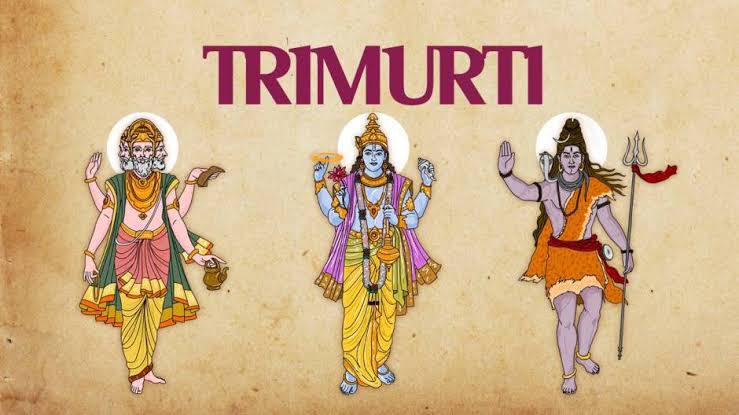The Holy Trinity of Succes
Innovation, Preservation, Collaboration: The Holy Trinity of Success”
Tridev: God’s Own Theory of Breakthrough Success
The “Tridev” concept is inspired by the Hindu triumvirate of Brahma, Vishnu, and Shiva, serving as a framework for achieving sustainable growth and breakthrough success in business.
This theory emphasizes three key principles: Preservation, Destruction of the Obsolete, and Creation. Let’s explore each component with relevant Indian brand examples.
1. Vishnu – The Preserver
Core Principle: Preserve the essential aspects of your business that provide a competitive edge.
- Manage the Current Situation: Focus on retaining and enhancing the competitive advantage your business currently holds.
- Care for Key Products, Employees, and Customers: Protect the elements that matter most in your business ecosystem.
- Pay Attention to Minorities: Understand that a small percentage of your customers (20%) typically generates a significant portion of your profits (80%).
Example: Zomato
- Preservation in Action: Zomato, a prominent food delivery platform, has effectively preserved its core offering of restaurant discovery and food delivery while expanding its service portfolio.
- Customer Focus: The brand ensures that its key customers and restaurant partners receive continuous support, helping it maintain its market position.
2. Shiva – The Destroyer
Core Principle: Eliminate outdated practices, products, and relationships that no longer contribute to growth.
- Selectively Abandon the Past: Make tough decisions to let go of non-relevant ideas and practices, even if they have emotional attachments.
- Embrace Change and Pain: Recognize that evolution often requires painful adjustments, which can include discontinuing old products or letting go of employees who hinder progress.
Example: Ola
- Strategic Destruction: Ola has faced challenges from rivals and changing customer expectations. The brand has made tough decisions, like shifting focus from taxi aggregation to a broader mobility platform.
- Navigating Change: By continuously adapting its offerings and discontinuing less relevant services, Ola demonstrates an understanding of the need to evolve to stay relevant in a competitive market.
3. Brahma – The Creator
Core Principle: Innovate to maintain leadership in your market category.
- Change in Mindset: Foster a belief that new ideas can lead to significant change and success.
- Continuous Innovation: Develop a culture of innovation across all aspects of the business, including products, marketing, and operational efficiency.
Example: Reliance Jio
- Creating New Opportunities: Reliance Jio revolutionized the telecom industry in India by introducing affordable data plans and free voice calls, drastically changing how people communicate.
- Market Leadership Through Innovation: Jio’s continuous innovation, such as launching new digital services and apps, has kept it at the forefront of the industry, ensuring vast customer adoption and loyalty.
Conclusion
The Tridev model emphasizes that for sustainable success, businesses must master the delicate balance of preserving core strengths, letting go of what no longer serves them, and continually creating innovative solutions.
By adopting this holistic approach, brands can navigate challenges and seize new opportunities, ensuring long-term growth and resilience in an ever-evolving market landscape.

About the author: Hemant is the Founder & CEO of branding and marketing firm ”Neeti Brand Accelerator” in Mumbai.
He is a brand strategist and has worked with more than 150 brands during last two decades. He is also mentor and coach to SMEs and startups. You can visit the website neeti.biz. You can contact him at hemant@neeti.biz







